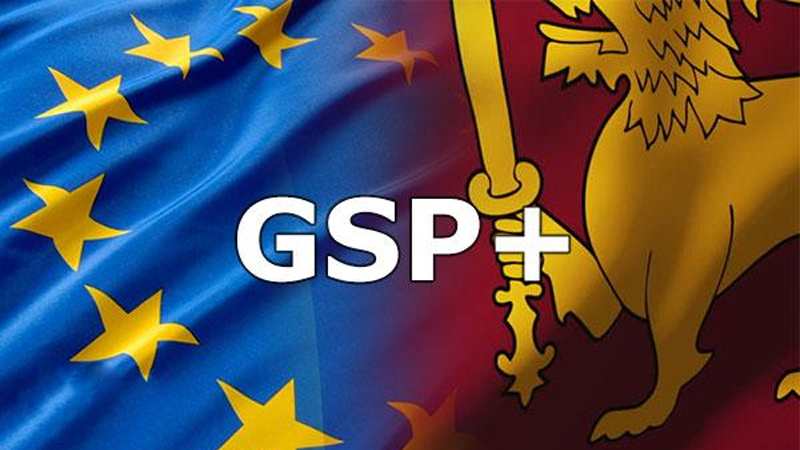A team of senior European Union (EU) officials will visit Sri Lanka from April 28 – May 7, to review Sri Lanka’s progress in implementing the 27 International Conventions under the Generalised Scheme of Preferences Plus (GSP+) trade preference program of the EU. The visit is part of the EU’s regular biannual review process. Sri Lanka is one of eight low or lower-middle income countries benefitting from the GSP+ scheme, a special incentive arrangement for Sustainable Development and Good Governance.
The EU is Sri Lanka’s second largest export destination with exports of US$ 3 billion in 2024. Nearly 85 percent of these exports enjoying duty-free access under GSP+.
The 27 Conventions, which have all been ratified by Sri Lanka, cover areas of Human Rights, Labour Rights, Environment Protection, Climate Change, and Good Governance. The implementation of the Conventions is monitored periodically with missions and reports. The GSP facility is granted only to those Global South countries that adhere to these Conventions and Laws.
The EU reserves the right to unilaterally withdraw the facility from countries that have negative human rights records during the period under review. In fact, Sri Lanka did not enjoy the facility for a few years (2010-2017) over human rights concerns.
The EU Mission will meet Government officials and personnel from relevant institutions, political parties, civil society, business associations and trade unions. They will also make field visits to see how human rights are followed and practised.
The last GSP+ Monitoring Mission took place in Colombo around six months ago. The EU has repeatedly said that continued access to GSP+ is conditional on Sri Lanka’s compliance with UN human rights mechanisms.
Economists said that Sri Lanka could lose up to US$1.2 billion in export revenue if the EU decides to withdraw its preferential trade access under the GSP+. They said that retaining the EU GSP+ will be crucial given the uncertainty surrounding the 44 percent tariff (plus 10 percent baseline tariff) imposed by the US, which has been suspended for 90 days.
However, a Government team is in Washington, DC, to negotiate the tariffs and is hopeful of a successful outcome. US President Donald Trump has gone on record saying he will have “90 deals in 90 days” with various countries. It is also not known whether the tariff will also affect the US’ own preferential trade arrangements with a number of Global South countries.




